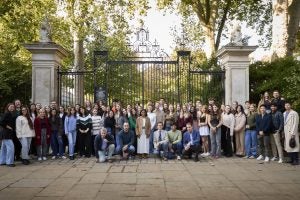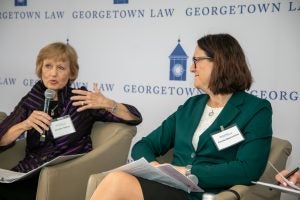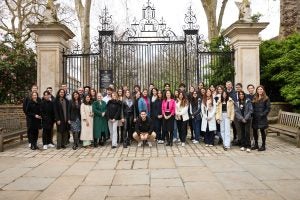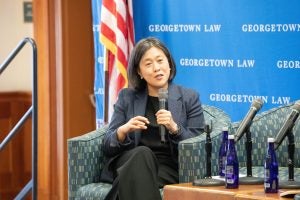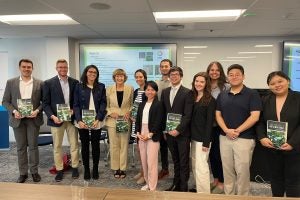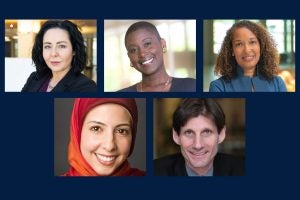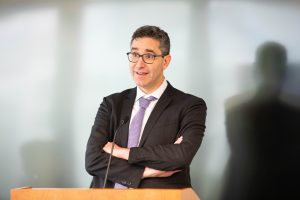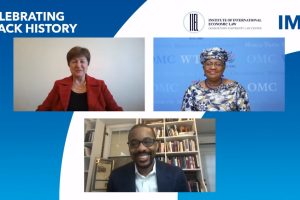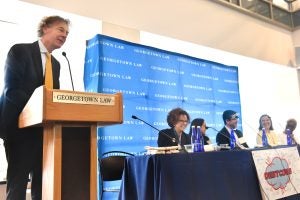
Georgetown Law and Partners Launch Innovative Tool for Public Debt Accountability
December 19, 2025 Campus News Faculty International Economic LawGlobal public debt – the total amount of money governments around the world have borrowed at home and abroad – reached its highest level ever last year, topping $100 trillion dollars, according to the UN Conference on Trade and Development. Such heavy…
